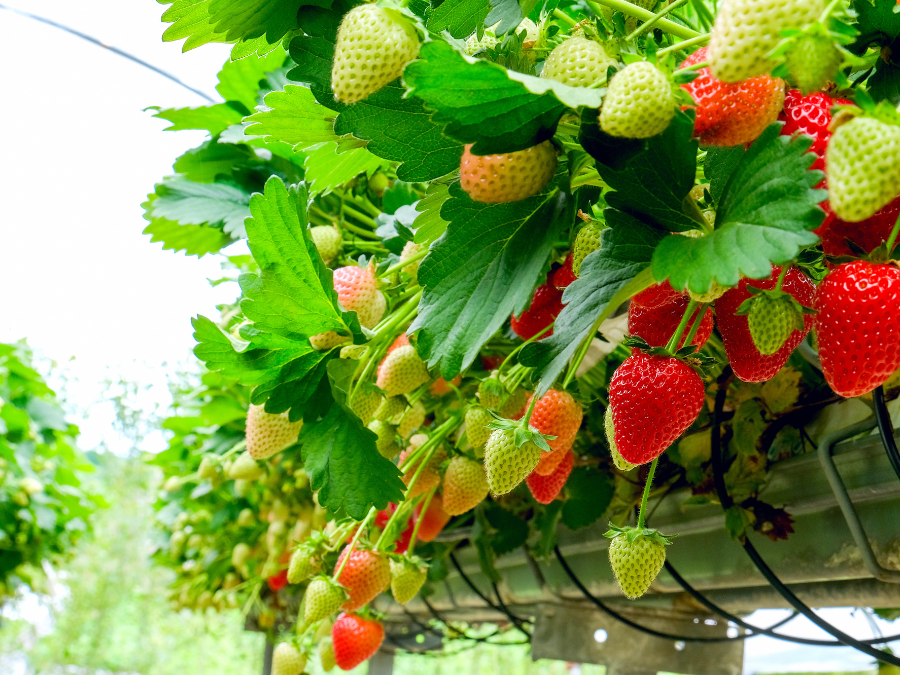[ad_1]

UK berry growers have accused supermarkets of profiteering from higher berry prices without fairly repaying the producers.
Trade body British Berry Growers (BBG) reported that supermarkets increased the average price of berries by 11% for consumers from May to September in 2022 but there was no change in the price retailers paid for the soft fruits.
The group, which represents roughly 95% of British berries sold in the UK, said that fresh berries are the most popular fruit item in the nation’s shopping baskets – holding the biggest market share (28%) of all fruit sold in the UK.
However, the British berry industry is “under threat” with supermarket returns failing to meet growers’ inflationary costs of production, it suggested.
Nick Marston, chairman of BBBG, said “The squeeze on the British berry industry, which faces rising production costs and flat returns from supermarkets, is seriously threatening the viability of the British berry industry.
“If we don’t address this disconnect, British berry growers will start to reduce the numbers of berries they grow or go out of the industry completely, as they are unable to make a profit. None of us wants that, least of all consumers, who love buying and eating British berries.”
UK grocery inflation has continued to ease for the fourth month in a row, according to data from Market researcher Kantar. The group reported grocery price inflation has fallen 1.6 percentage points to 14.9% in the four weeks to 9 July.
A survey of BBG growers in June also forecast an 8% reduction in the number of strawberry plants being planned for 2024. The projected 8% drop is equivalent to an estimated 12 million fewer strawberry plants and nine million fewer punnets.
Marston added that the drop in production highlights the need for action “to ensure the long-term sustainability of the industry”.
“The berry category has historically experienced consistent growth, but growers’ profitability is at an all-time low. If returns from supermarkets continue to fail to address growers’ rising costs, an increasing number of growers will be forced to cut production, shift to exports, or consider growing other crops,” he said.
BBG added that growers are now increasingly turning to export markets. According to the same BBG survey which showed the projected decrease in production next summer, UK growers plan to export four times as many berries in 2023 as they did in 2022.
Andrew Opie, director of food and sustainability at the grocer’s organisation the British Retail Consortium (BRC), responded to BBG’s reports by saying that food retailers source most of their food from the UK.
He said: “Given the pressure on British farmers at the moment, retailers are paying more for their produce. However, retailers are also facing additional costs and are working incredibly hard to limit price increases for consumers during a cost-of-living crisis where many people are struggling to afford the essentials.”
Last week, the UK’s competition regulator concluded supermarkets are not unduly profiteering from pushing up grocery prices but called for reform on how retailers price their goods.
[ad_2]
